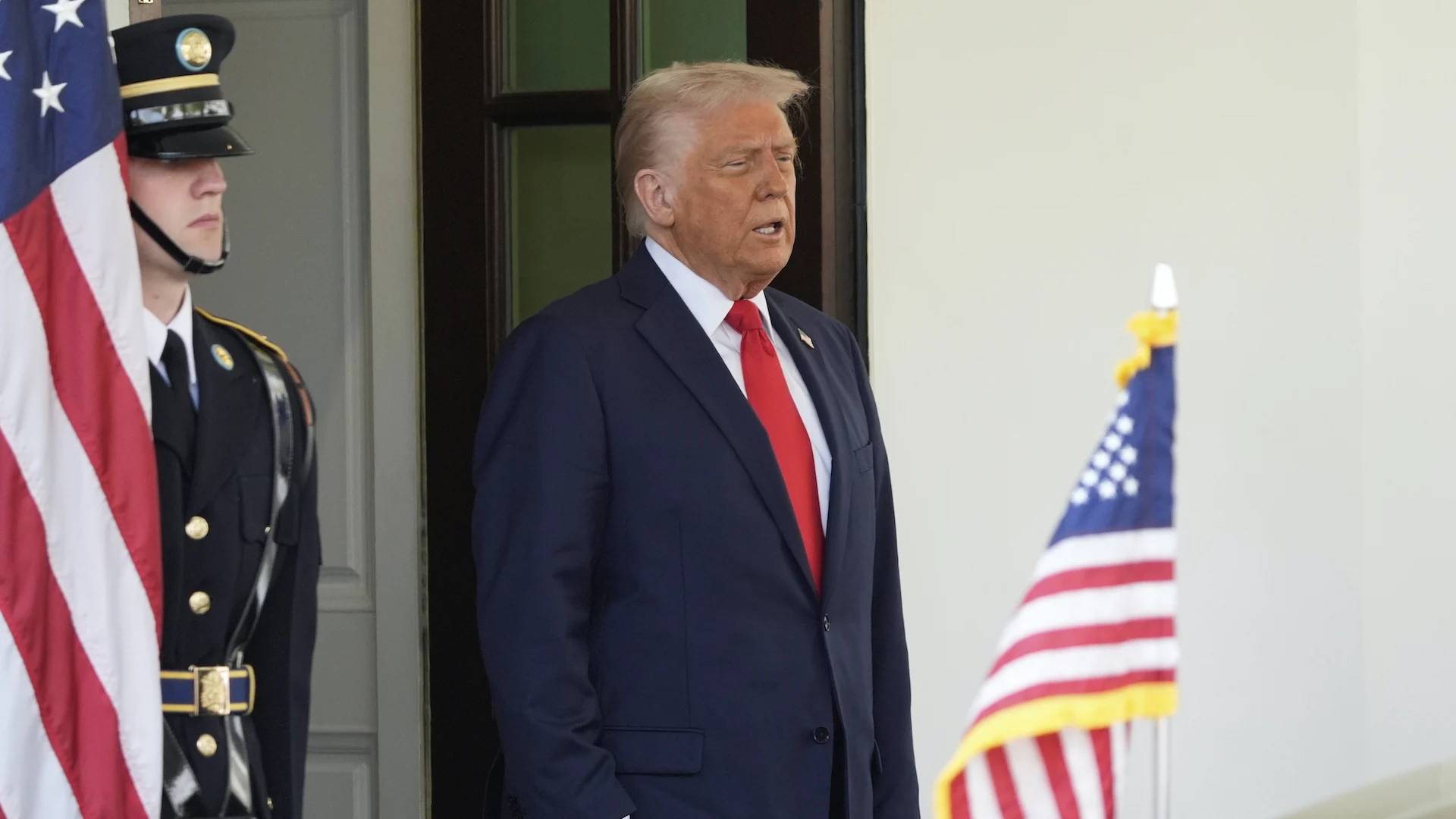
""I'm looking at something to help some of the car companies with it," Trump told reporters gathered in the Oval Office. The Republican president said automakers needed time to relocate production from Canada, Mexico and other places."
"When Trump announced the 25% auto tariffs on March 27, he described them as 'permanent.' His hard lines on trade have become increasingly blurred as he has sought to limit the possible economic and political blowback from his policies."
"Trump's flexibility has also fueled a sense of uncertainty and confusion about his intentions and end goals. The S&P 500 stock index was up slightly in Monday afternoon trading, but it's still down nearly 9% this year."
"Carl Tannenbaum, chief economist for the Northern Trust global financial firm, said the whiplash had been so great that he might have to consider how Trump's tariff changes affect financial strategy."
In a recent Oval Office press conference, President Trump suggested he might temporarily exempt the auto industry from tariffs to give manufacturers time to adjust their supply chains. This statement comes amidst growing market anxiety and concerns over a possible recession due to his ongoing tariffs. Since initially announcing a 25% tariff as permanent, his stance on trade has become increasingly inconsistent, leading to confusion among economists and the markets. Trump's insistence on flexibility raises questions about his long-term trade strategy amid fluctuating financial indices.
Read at Fast Company
Unable to calculate read time
Collection
[
|
...
]